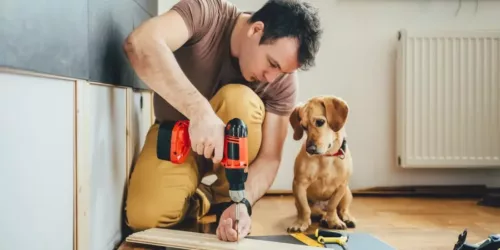Solar Panel Kits Explained - Everything You Need to Know
- Solar panel kits for on and off grid connection
- How do solar panel kits work?
- Why a professional might be needed
While fitting a home with solar panels is an intricate and labour-intensive job, adding solar panels to outbuildings, sheds or vehicles can be done yourself. With solar panel kits, you can benefit from renewable energy without having to pay out for professional installation. Solar PV kits offer you the flexibility to be your own installer, but these are only meant to be done small-scale, like on a caravan.
Solar panel kits come with everything you need to go off-grid in a handy DIY bundle, while other kits allow you to still connect to the grid. This article will go through what these kits consist of, how they work and how to install them. You will also see reasons why you should pay for a professional company to make your home solar.
Interested in solar panels for your home? Why not use our quote comparison tool to see how much you’d pay? It only takes a minute.
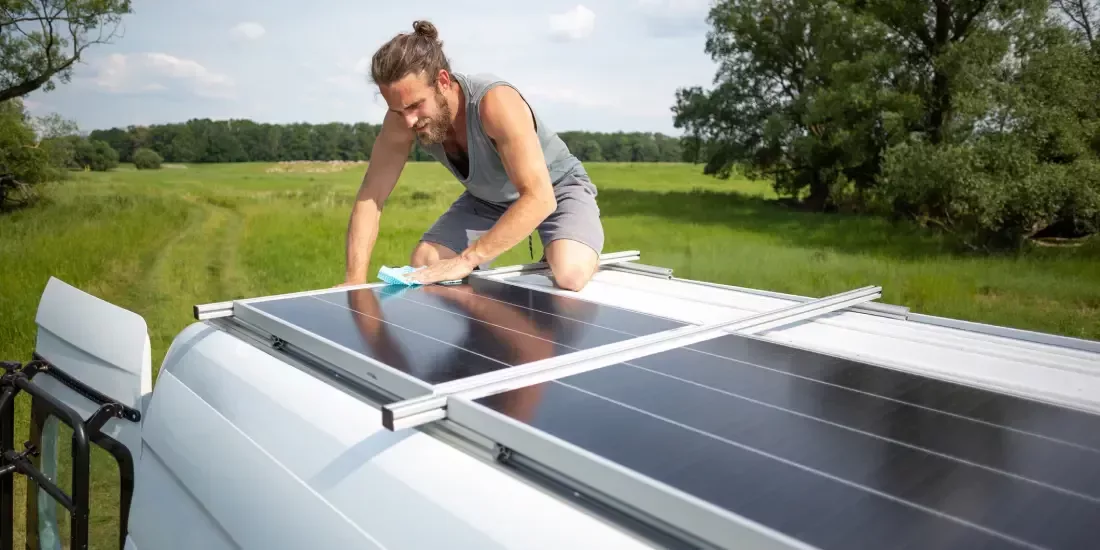
What's On This Page?
Click the links below and head straight to a specific section of the article.
What Are Solar Panel Kits?
These packages typically consist of everything you need to connect solar panels and get them up and running. As well as the cables, mounts and inverter, solar panel kits come with the option of battery storage to make sure you can utilise the power that they collect during the day.
A PV kit will include the following:
Solar panels - whether monocrystalline, polycrystalline or thin-film
Solar battery - smaller than domestic solar batteries
Inverter - converting battery power to usable power (on-grid)
Charge controller - regulating battery charge (off-grid)
Mounts - for the specific brand
Solar panel kits are designed for the DIY person. Depending on the job and what use you wish to put them to, they can be easy to install. Caravans and campervans can benefit from these, as well as other kinds of motorhome, but you can also buy kits for the home or other small outbuildings.
How Do Solar Panel Kits Work?
Designed to be plug-and-play, these packages offer ready to use solar power without the expensive installation. It just requires some electrical knowledge and physical labour to get them going.
With solar panel kits, you effectively become your own installer. If that sounds too daunting for you, then you’re better off contacting a professional. Solar panel installers can also recommend the panel most suitable for your property, whereas kits require a best estimate from yourself.
If you’re looking to install solar panels on a smaller structure or motorhome, it’s advisable to first ask yourself what use you need out of them. If you’re only going to be operating a few light bulbs for a couple of hours in the evening, it’s not exactly worth the effort of buying solar panel kits to do so.
After installation, regular use estimates that you will start benefitting after the buyback period of around four years. If you’re not going to get at least four years’ worth of use out of your solar PV kit, you’ll just be wasting money.
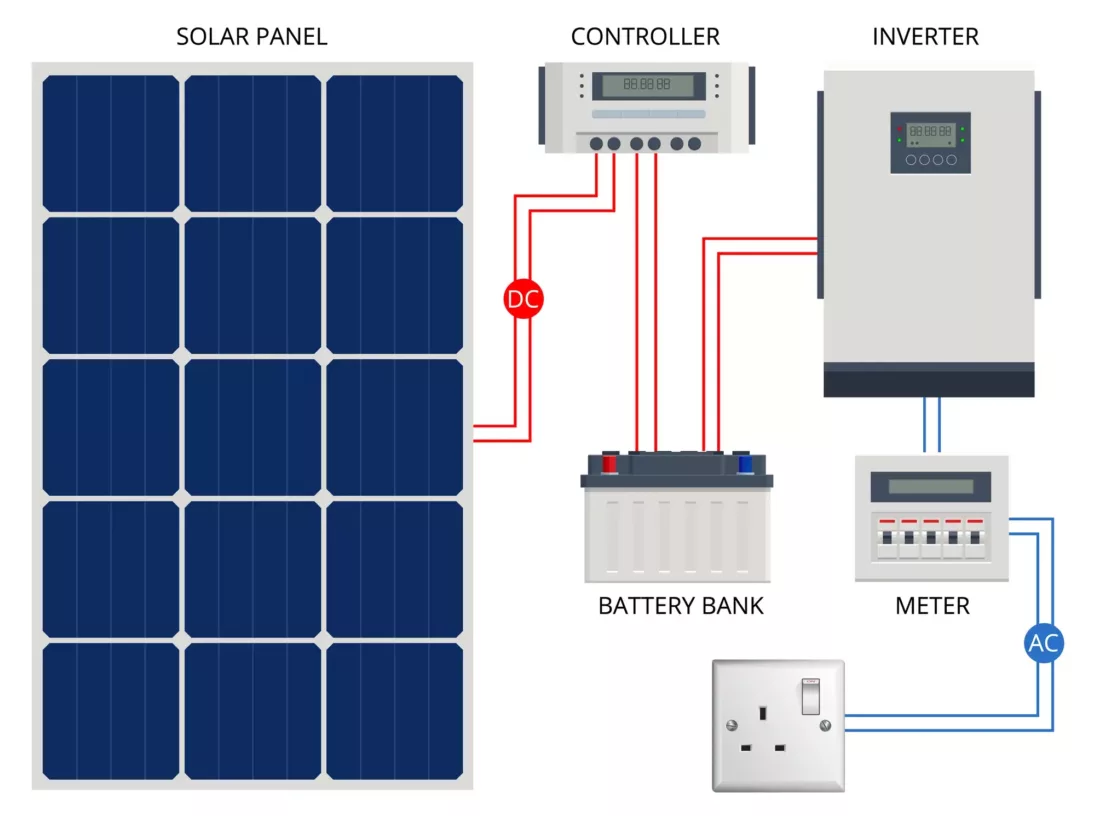
On-Grid
These are the larger of the two kinds of solar PV kit and are meant to be installed on the home or a structure bigger than a shed. As they are connected to the national grid, these solar panel kits allow you to benefit from exporting unused energy into the electrical system.
The only downside to connecting a system yourself through solar panel kits is that you won’t be able to benefit from the Smart Export Guarantee (SEG), which gives you money for the unused energy you export. An MCS accredited installer unlocks this for you, as their certification enables you to benefit from SEG rates from any energy supplier.
Off-Grid
The other type of solar panel kit you can buy is for off-grid installations. Designed to work independently, they are ideal for installations that are not connected to the grid. Whether installing them to outbuildings, vehicles or rural constructions in the woods, off-grid solar panel kits give you the flexibility of producing your own electricity.
Off-grid solar panel kits are designed to be connected to a solar battery, which enables you to run electrical devices when the sun is not out. You may have to purchase a battery separately, so it’s best to check what comes in your kit.
What to Look for in Solar Kits
When you’re installing solar panels yourself, the most important thing to look for is value based on what you need it for. While you can get cheaper solar panel kits, these often use lower quality components. Smaller and larger kits are available, but it depends on your project for which type you should opt for.
Be on the lookout for multi-purpose solar panel kits, as these can be used in a multitude of places. Others are incredibly specific and will have different components or parts. It mainly depends on what purpose you’re putting your solar system to. It’s important to check what size the kit will be, not only to avoid disappointment, but to ensure that you’re generating the amount of power you need.
Kits for Homes
Usually fixed to the roof, these solar PV kits are essentially traditional solar panels that you install yourself. The wiring needs to be installed properly, along with the mounting brackets and the inverter, and the battery. Additionally, the installation must be watertight so it doesn’t end up failing.
Solar panel kits also come with instructions that tell you how to connect the system to National Grid. This works in harmony with your system to not supply power when your panels are producing useable electricity.
Kits for Motorhomes
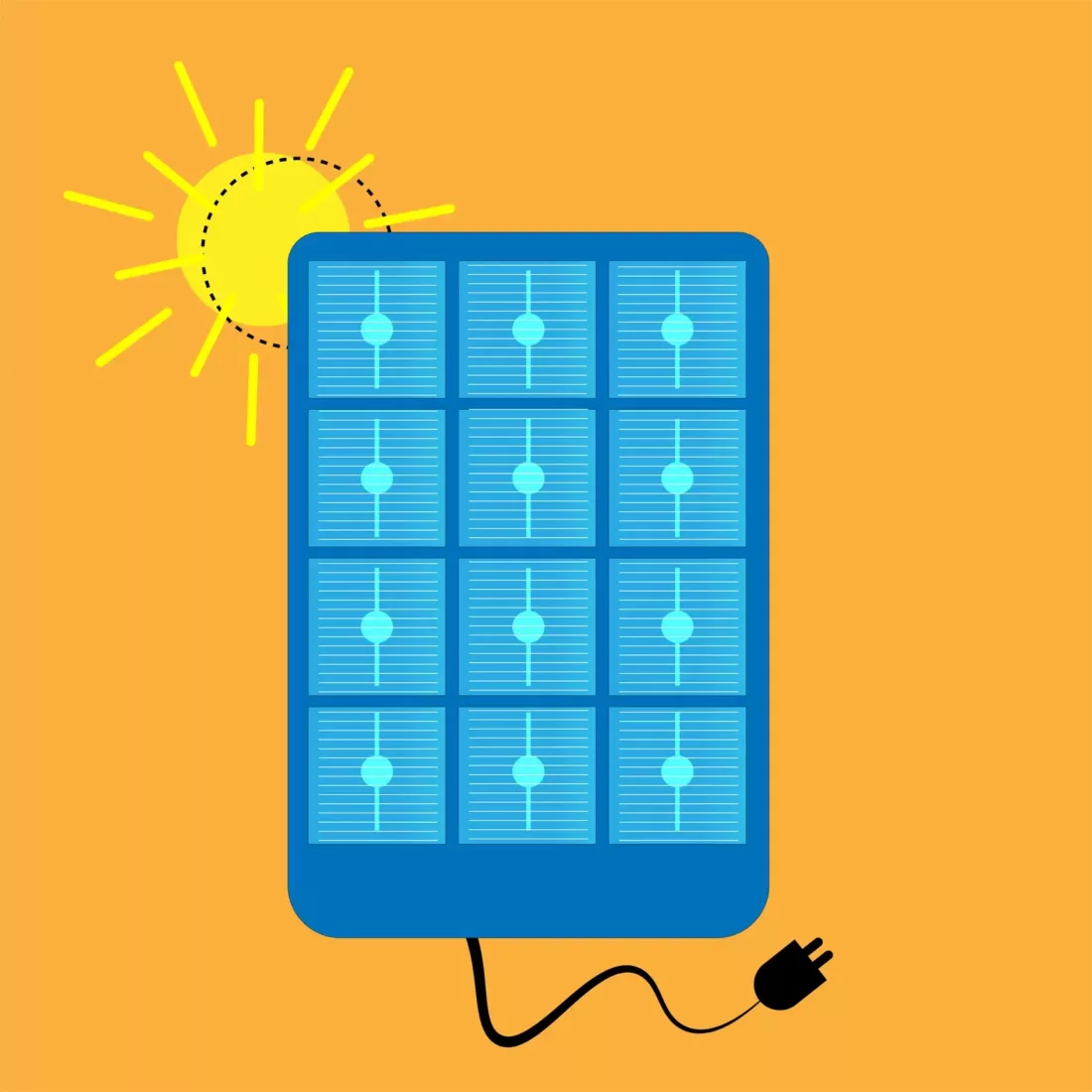
Solar panel kits for motorhomes can either be freestanding or fixed. Fixed solar panels run all the time and don’t need any additional labour to work. Freestanding systems require you to set them up and put them out in the sun when you’re stationary, when you require electricity to be generated. While they have more continuous effort, they give you the option of keeping them if you eventually decide to sell your motorhome.
Why a Professional Is Recommended
Even though solar panel kits give you carefully written instructions to tell you how to install the system yourself, there are a whole host of reasons why doing this yourself is inadvisable, unless you have the necessary expertise and equipment. Smaller installations that are not fixed to houses might be within your capabilities, but installing solar panels on a house is a different matter entirely.
Unsafe
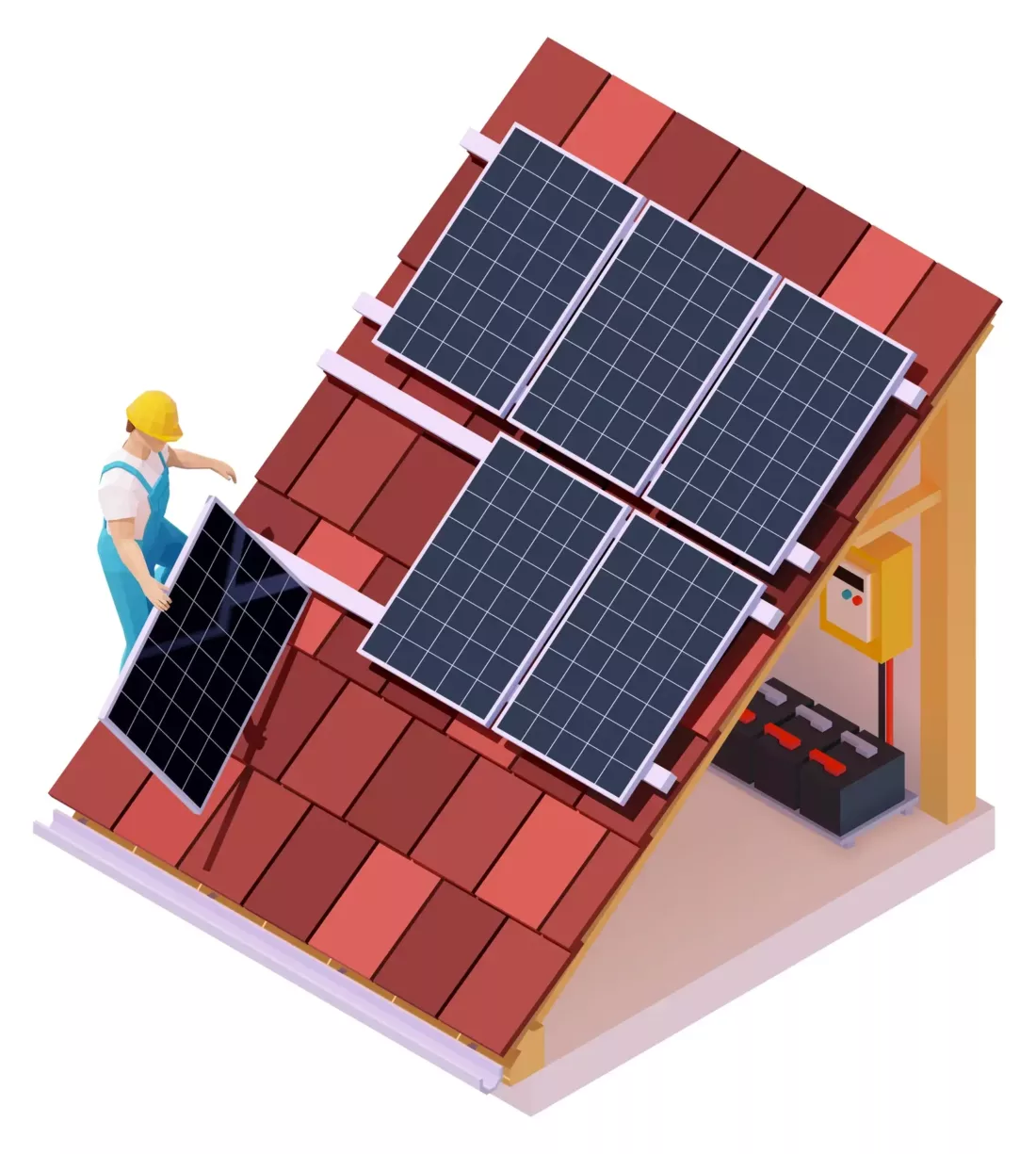
To start with, installing panels onto your roof requires equipment for working at height, whether scaffolding or a roof ladder. Panels are also cumbersome, meaning you will need help raising them up to roof height to not cause them damage. Without help or the correct tools, you will struggle to make use of solar panel kits properly.
Restrictions
Additionally, you may have restrictions in place for installing solar panels. While it’s all very well and good being able to order them and get them up and running on your own, you may be contravening restrictions in place for your property. You should always check with your local authority first before you go ahead with the installation.
Knowledge
Finally, a professional installation has the edge over a DIY one because you may not be able to maximise the efficiency of your system like a professional can. Without having the knowledge for the perfect angle of solar panels and various other efficiency boosting know-how, you may not be producing the amount of electricity you need from solar panel kits. Also, unless you are aware about how all of the electrics work, the system may not operate properly (or at all).
Did you know that solar panels can be integrated into roofs?
Certification and Incentives
An MCS certificate is necessary to benefit from government incentives, such as the SEG. Without it, only a handful of energy companies may offer you an export rate. Non-MCS solar system installations, especially with solar panel kits, may only give you a pitiful export tariff. You will need to provide the supplier with confirmation from your Distribution Network Operator (DNO), and tell them how large your system is.
When fitting solar panels on your home with an MCS installer, you can benefit from competitive export rates from any energy supplier. You will also have the reassurance that your system will have an extended warranty, usually for 25 years. You won’t get this with solar panel kits.
Should I Buy Solar PV Kits?
If you are looking to install a small-scale system, you might be tempted to give it a try, but you should make sure it’s worth it first.
You can buy solar panel kits if:
You will be using the system for longer than four years
You have knowledge about electrical appliances and fittings
You are installing them on a small outbuilding or vehicle
You have dedicated tools and knowledge for safe use
If you don’t have basic knowledge or experience, you could cause damage or create an unsafe space. In other words, if in doubt, get the help of a professional.
Looking for solar panels for your home? Click on the button below to receive local quotes and see how much you’d pay.
Related articles
View all Solar Panel articles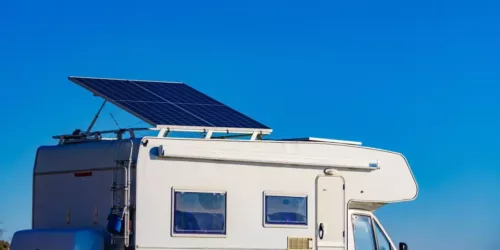
A Complete Guide to Caravan Solar Panels
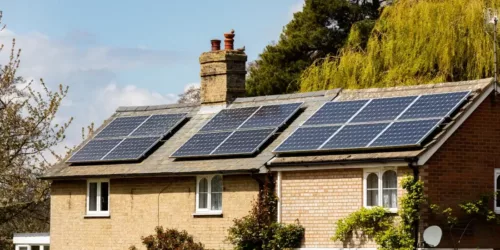
Are Solar Panels Worth It in Wales?

Project Solar UK: Company Overview
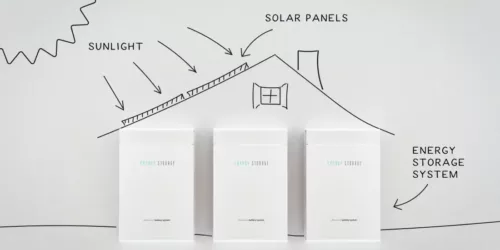
Battery Storage for Solar Panels Explained
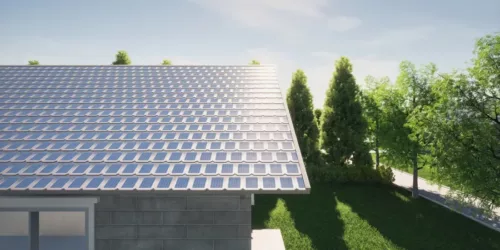
Are Solar Roofing Tiles Worth It?
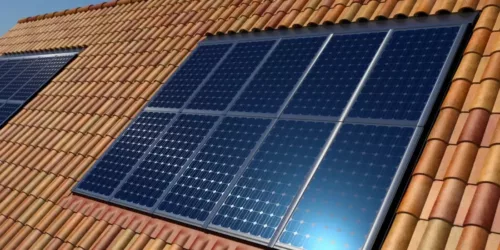
A Complete Guide to Roof Integrated Solar Panels
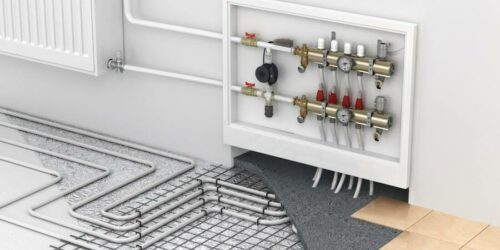
Pros and Cons of Underfloor Heating You Weren’t Aware Of
